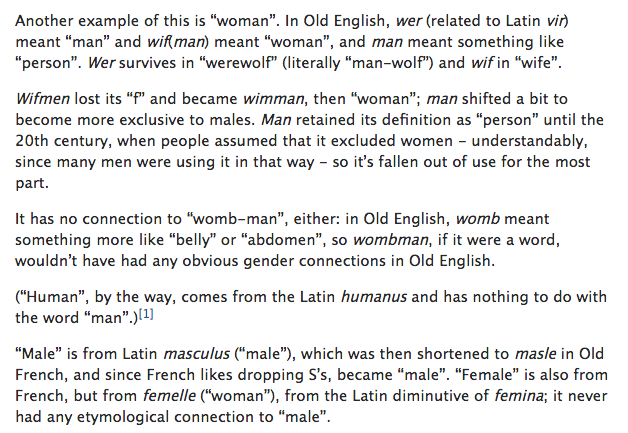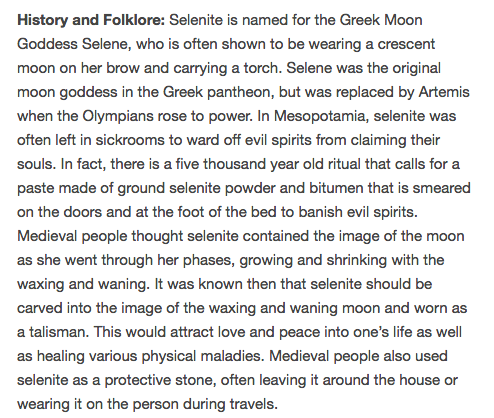Glass to Glogu
In my books, NVVN and Gold ‘n Silver, a few people travel back in time to change names of places. Eve’s group then goes back through and tries to change them back. This had happened a number of times given the dates of street name changes in Portland (1933). One will also see clusters of similar terms in significant areas or areas where bits of the story could be grouped together.



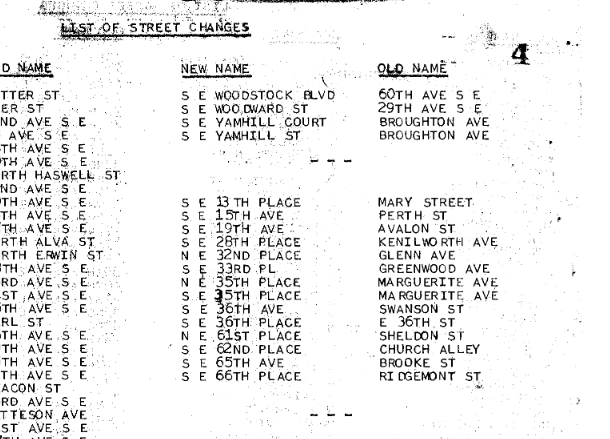
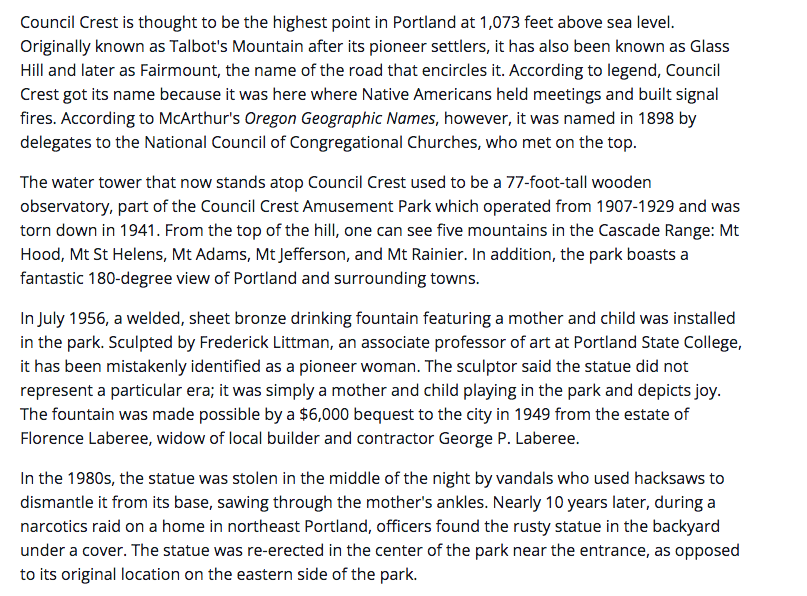


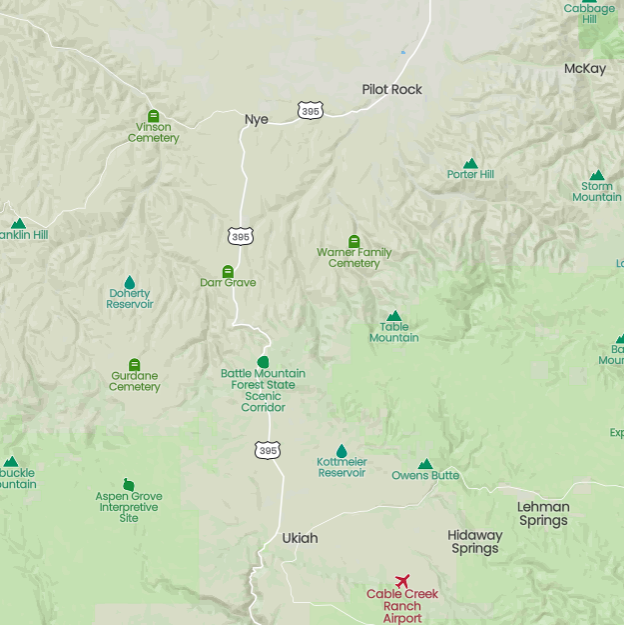
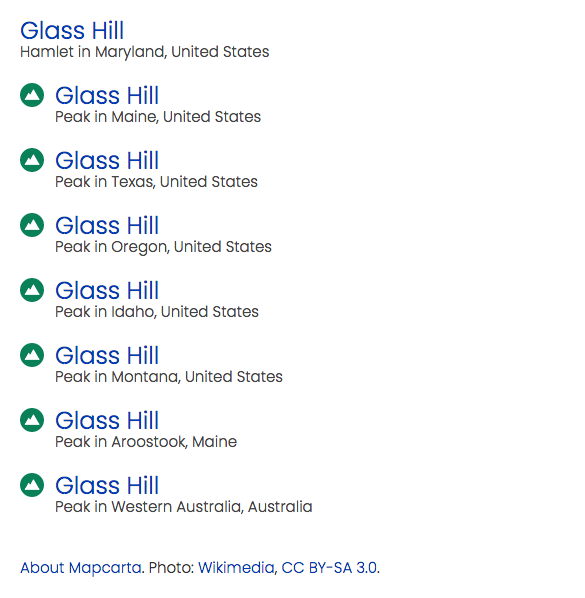


Here we have our first ties to goddesses. It is also the first mention of goddess Selene being “replaced” by Artemis.
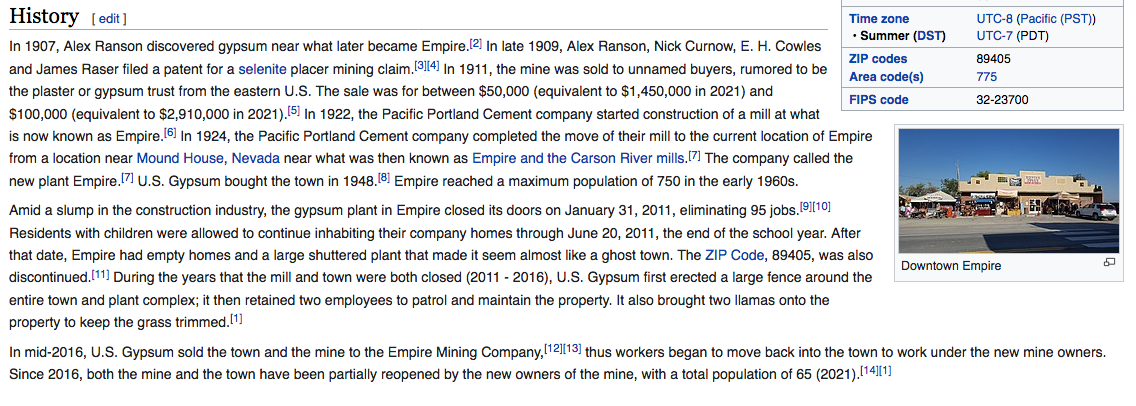
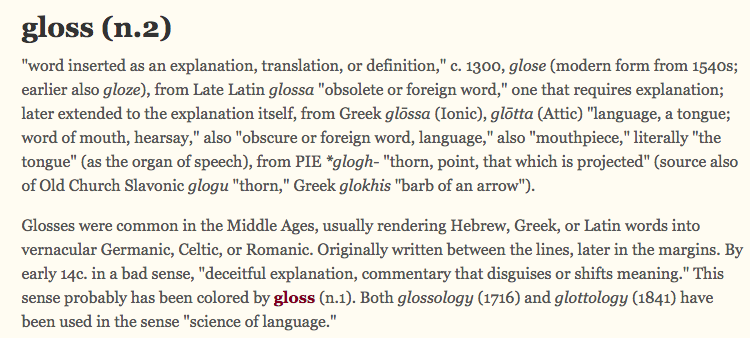
Could it be that one of the “thorns in the side of Jesus/Yeshua” were rumors, hearsay (perhaps at his trial, what got him arrested, or his recounting of something) or jokes (mocking/taunts/barbs)?
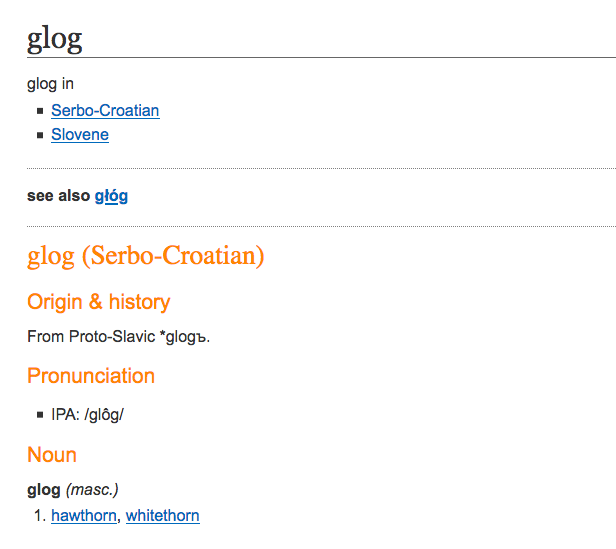

Given Eve’s jealousy and envy over the vampyre and werewolf lines, is it any wonder she would also be jealous and envious of the witch or magician lines? She wanted to be known as a great enchantress. So the existence of a stronger witch line would pose a threat to her dominance.
In the Hawaiian definition of Hua, we might see how the word “glass” may be used to describe not the people but what the people of Glass wanted. The foam has ties to Aphrodite (born of the foam), as well as the Bible (Eve and then Adan/Adam partaking of the fruit).
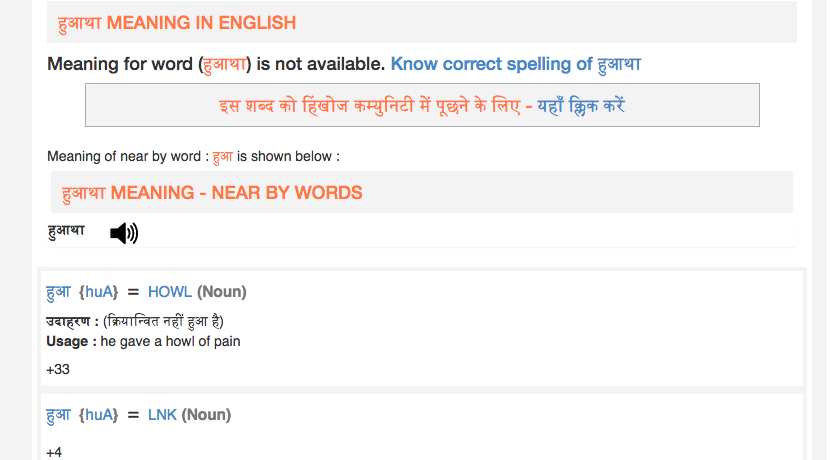
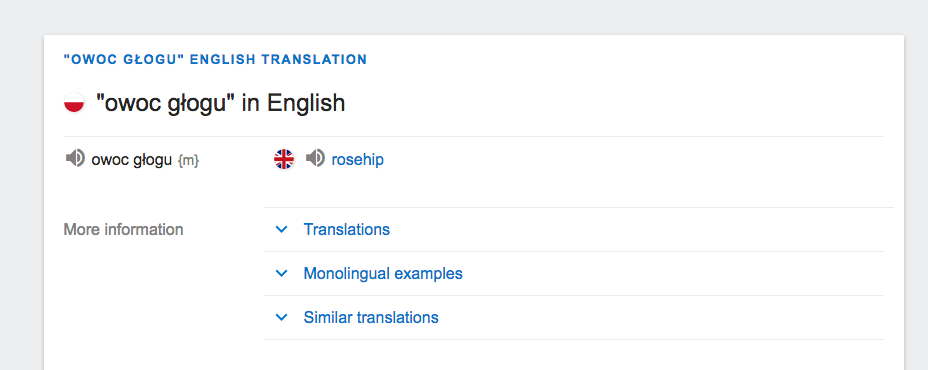
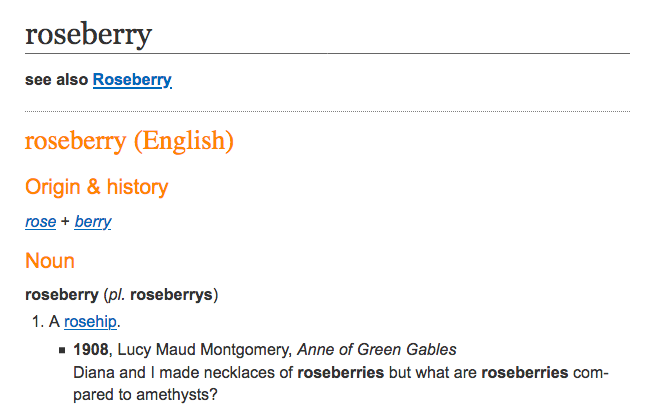

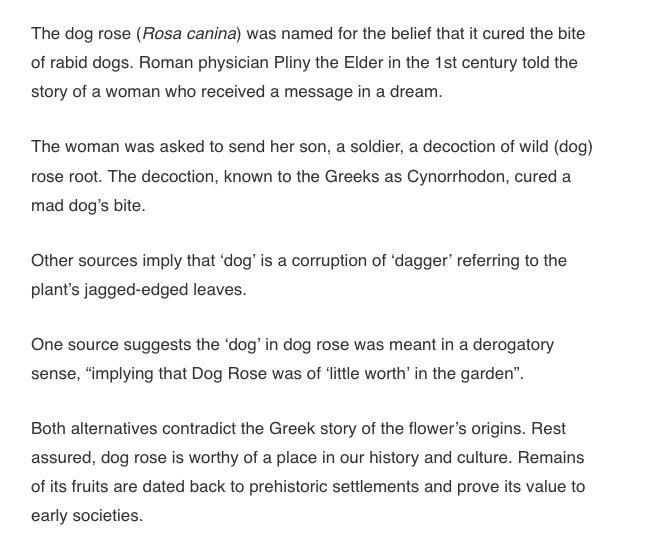
Now the Gael is Goidel or Gael Glass had been interpreted as Gaul-which it might be. However, what if it was actually Gall/Gull? As we have seen, there are many ancient images of bees that more resemble wasps. Could this have been their symbol or a clue?
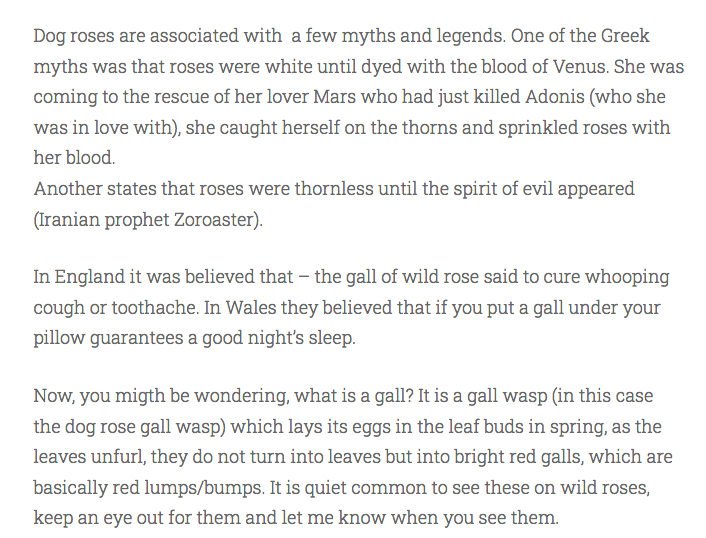
Could the witch who cursed the prince/ss into a beast be exacting revenge? O r perhaps it is one who had been cursed that is seeking revenge/a cure? Though, the more simple answer is that it is a line of hunters sent to eradicate the wolf-just as we have seen in fairy tales like Little Red Riding Hood.

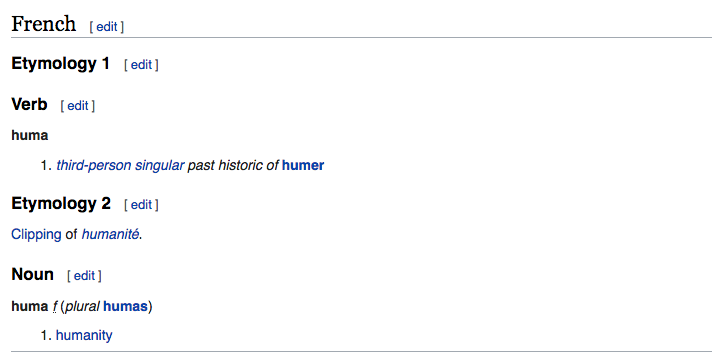

The concept of the “dog rose” being able to cure a “mad dog’s” bite (could imply werewolf) or that they had “little worth in the garden” is particularly interesting when read in the context of my books and the etymology for the root word for “human.”
